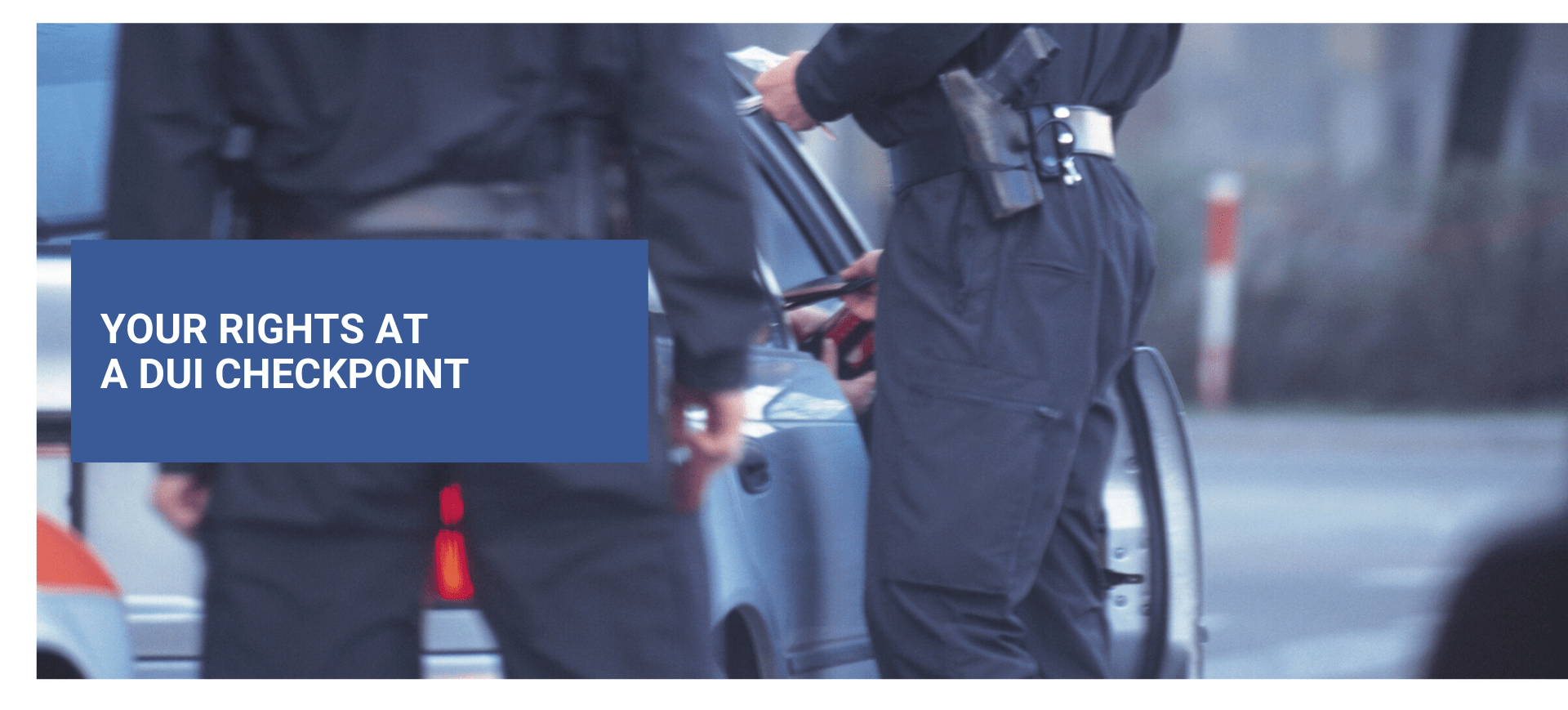Your Rights at a DUI Checkpoint | Law STL

Generally speaking, law enforcement officers must have reasonable suspicion that you violated the law in order to conduct a traffic stop. Without such reasonable suspicion, a traffic stop constitutes an unreasonable seizure in violation of your Fourth Amendment rights. There is one major exception to this rule in Missouri, however, which occurs when police officers conduct a DUI checkpoint, also commonly known as a sobriety checkpoint.
A handful of states have outlawed DUI checkpoints due to constitutional concerns, though Missouri is not one of those states. Police agencies may conduct these traffic stops that do not arise from any individual suspicions in the St. Louis area and across the state. However, there are specific requirements for law enforcement to ensure they do not violate the rights of drivers. In addition, drivers should know their rights at a DUI checkpoint, as well as know what to do should a checkpoint result in a DUI arrest.
Requirements for a Lawful Checkpoint
Missouri police must plan sobriety checkpoints ahead of time and publicize the locations of checkpoints to the public. This is to deter drivers from operating their vehicles while impaired in the first place if they know a checkpoint might take place. Authorities also may not stop drivers on a subjective basis or out of bias. Instead, there must be a protocol in place regarding which drivers are stopped. This might include:
- Stopping every vehicle
- Stopping vehicles based on a random, objective pattern (i.e., every third driver)
- Stopping drivers who show signs of driving under the influence
Unfortunately, police often stray from the random, objective nature of checkpoints, and begin stopping drivers who they assume might be intoxicated or who might have contraband based on prejudicial assumptions.
Remember Your Rights
When you get stopped at a DUI checkpoint, you are obligated to show your driver’s license, registration, and other documents as requested by an officer. However, you are not obligated to answer any questions, including whether you have been drinking. While you should always stay calm and polite, you should generally try to give the officers as little information as possible.
If police officers request that you pull over farther, they may want to conduct a roadside test to obtain probable cause that you had been drinking. You have no obligation to agree to field sobriety tests, and you can politely refuse. If you refuse a breathalyzer test, you can face possible penalties under the implied consent law, unless your attorney can later show the officer had no reason to suspect you were impaired. Missouri’s implied consent law imposes a driver’s license suspension for a refusal of a lawful breath test request, regardless of whether you are ultimately convicted of DUI.
Finally, police officers cannot search your vehicle unless you consent or they have probable cause to believe there is evidence of a crime in your vehicle. You should never consent to a search of your car at a DUI checkpoint.
Contact Our St. Louis DUI Defense Lawyers for Help Right Away
If a checkpoint results in a DUI arrest, your very first step should be to call the St. Louis DUI defense attorneys at Bruntrager & Billings, PC. Call 314-646-0066 or contact us online so we can begin protecting your rights today.

